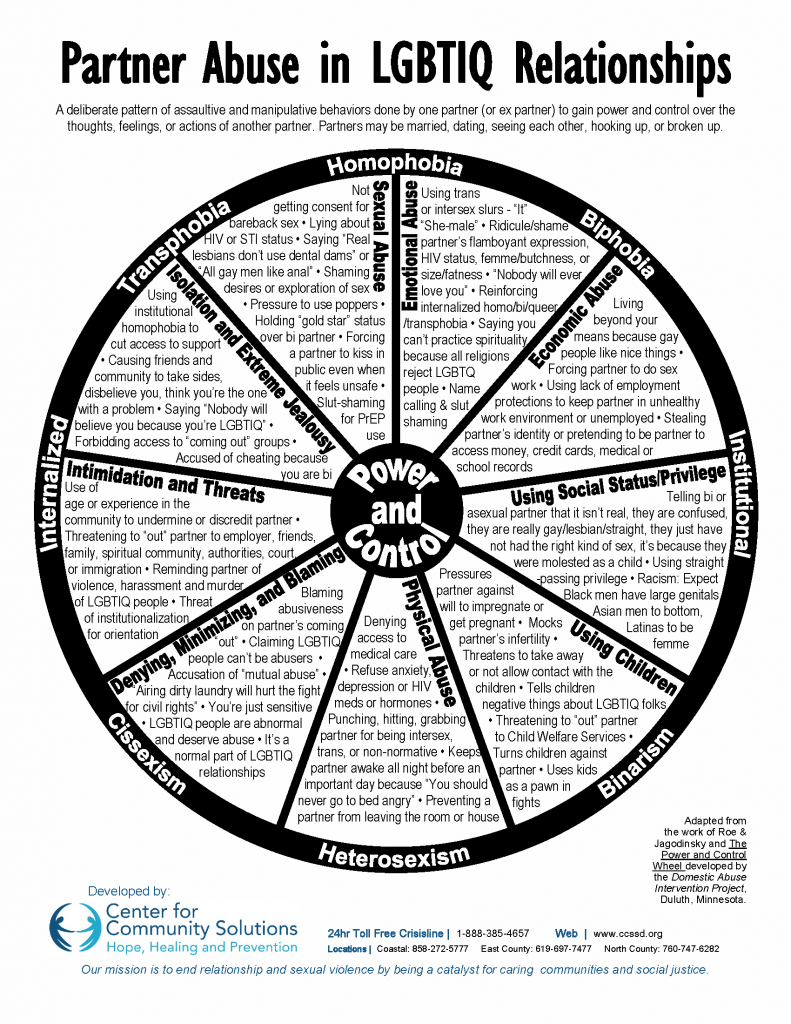

Thus the congregant believes that somehow he is spiritually inferior to others and especially the pastor. This emotional abuse is the equivalent of “The Emperor has no Clothes” – the pastor must be wise and holy if so many people trust him, yet what he says makes no sense. They usually have lots of examples of people who were good at it and people who were horrible. That is, they preach a sermon that all Christians should spend all their time doing “X”, and then they preach a sermon of equal weight saying that Christians that spend all their time doing “X” are deluded and sinful. It seems to me that the way that authorities establish themselves is by creating cognitive dissonance. I’ve been spending a lot of time reading about spiritual abuse in the context of authoritarianism. He turned out to be the multi-affair pastor, in several churches, always passed on to another church because he knew too much about his congregants and had no problem sharing secrets. Imagine having your “sinful” life as a sermon topic! The church was small enough that it was usually easy to guess who he was referring to.

In the church with the abusive pastor, he would say things publicly (always in the 3rd person) about people who had “problems.”. If we didn’t respond to the warning signals, he would rearrange the house (break things, holes in walls, beating my mom, and occasionally, striking, not spanking, my sister or me). I was very attuned to his moods-when his hand went up for silence (example: up during dinner so he could “speak” or listen to the news on the radio), muttering and swearing under his breath, kicking or hitting an object, I either disappeared (not always possible), tried to change the topic, or froze.

In my home, my dad controlled all of us with his anger. What have you seen from religious leaders, family members, friends, churches, or organizations that would be emotionally abusive? If you’re comfortable with sharing, what experiences have you encountered? How did you recognize it? How did it affect you and how are you healing from it? Emotional abuse should not be taken lightly or diminished because it can take years for survivors to heal and recover. By the time this happens, victims are so enmeshed in the group that the behavior is viewed as normal.Įmotional trauma can lead to depression, anxiety, suicide, eating disorders, or other forms of self-harming behaviors. Once that trust is gained, then behaviors such as name calling, gaslighting, and manipulation are slowly introduced to see how much you will take. The perpetrator (or group) will do everything in their power to be nice, caring, compassionate, or whatever it takes to earn your trust. Everyone is susceptible to emotional abuse because it isn’t overtly shown at the beginning of the relationship. This usually takes a long period of time and involves specific patterns by the perpetrator that makes the victim feel unable to navigate life on their own. I think emotional abuse is a more sinister form of abuse because it plays a significant role in physical, sexual, financial, and digital abuse.Įmotional abuse diminishes a persons value, self-worth, and dignity. Because of the lack of physical evidence, victims may minimize the behavior. *Possible abandonment for thinking/doing/feeling differentĮmotional abuse is tricky because we don’t see physical signs of abuse (although the body definitely harbors the abuse in other ways). On the wheel, emotional abuse is described as: We discussed isolation here and minimizing, denying, and blaming here.

Many who read here will be able to identify with some or all of these tactics. According to Laura Anderson, when the tactics are combined, a system is “designed and intended to exert power and control over others by their rules, requirements, punishments and consequences for not adhering to the specific requirements of the group.”
Power and control wheel pdf#
Religious Power and Control Wheel credit: Laura Anderson, LMFT and Religious Trauma InstituteĬlick here for pdf of Religious Power and Control WheelĮach section of the Religious Power and Control Wheel describes a tactic used by abusers to maintain power and control over their victims.


 0 kommentar(er)
0 kommentar(er)
